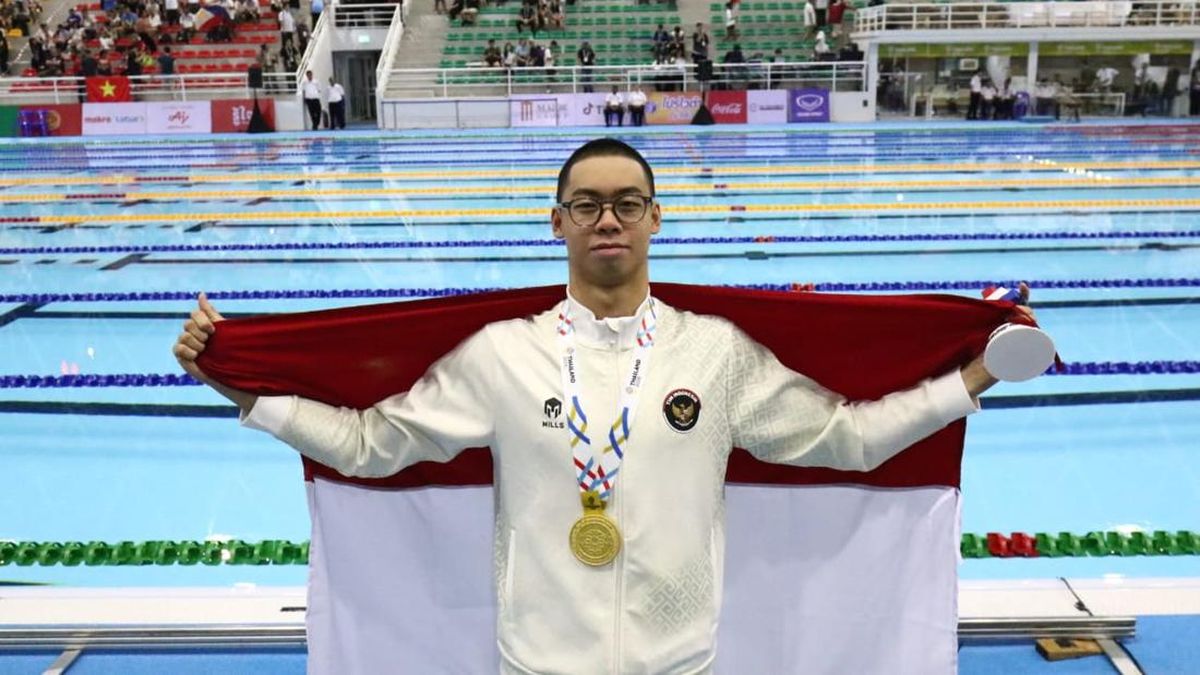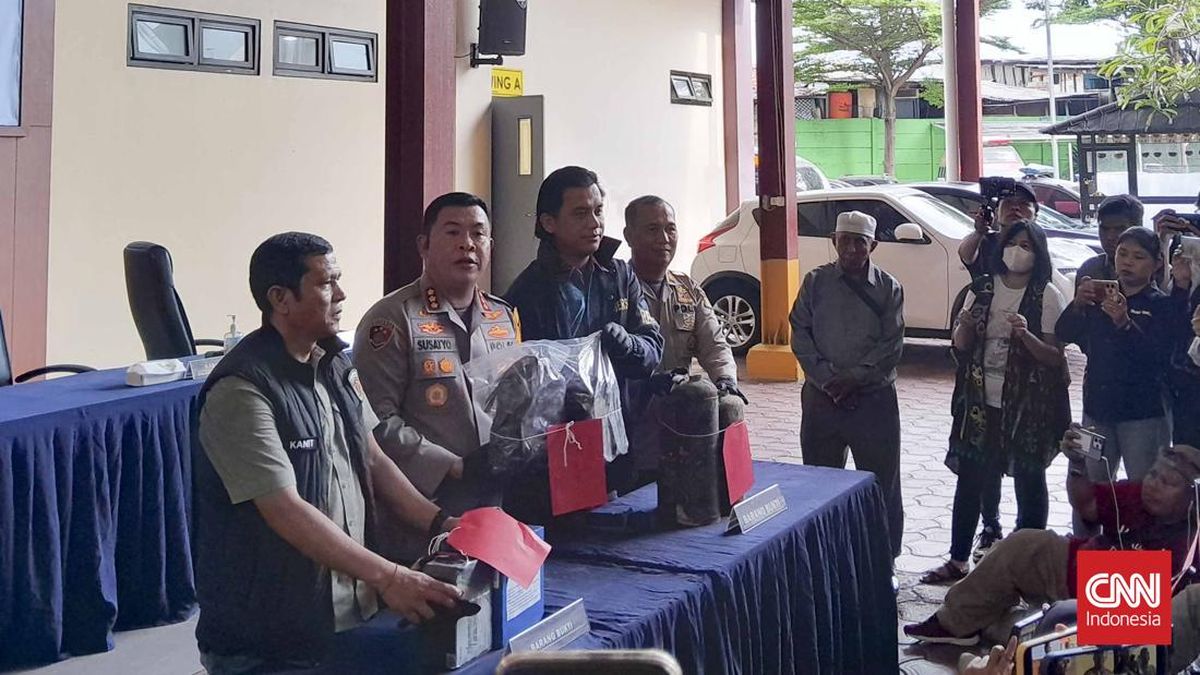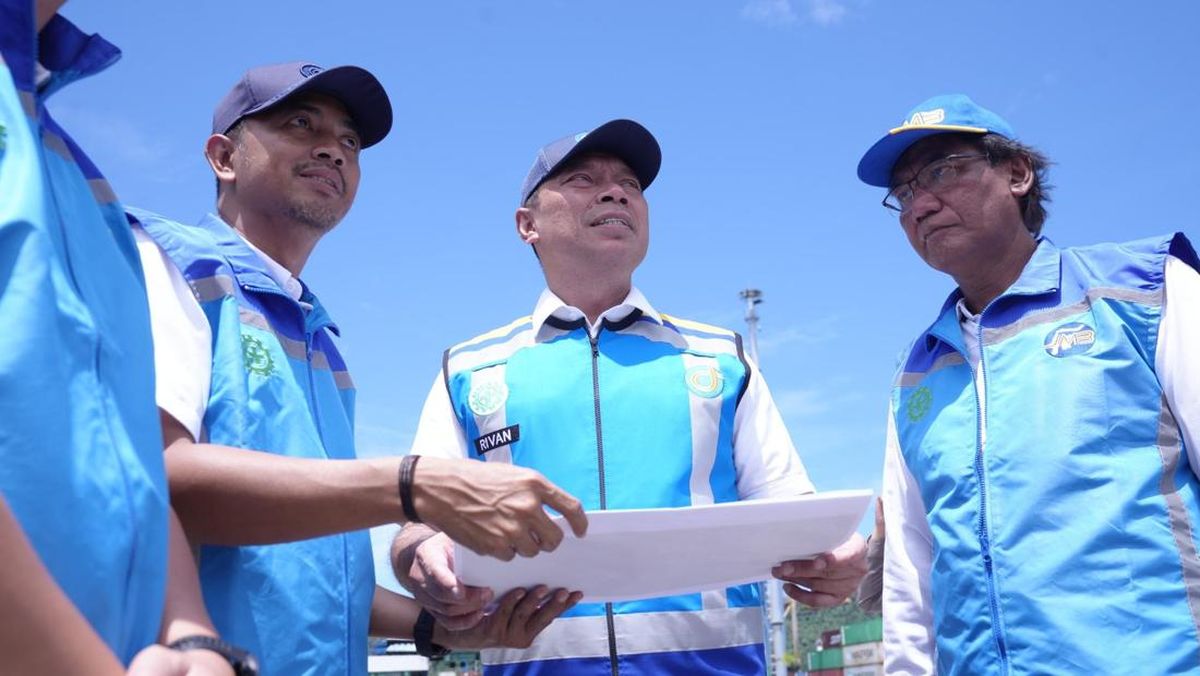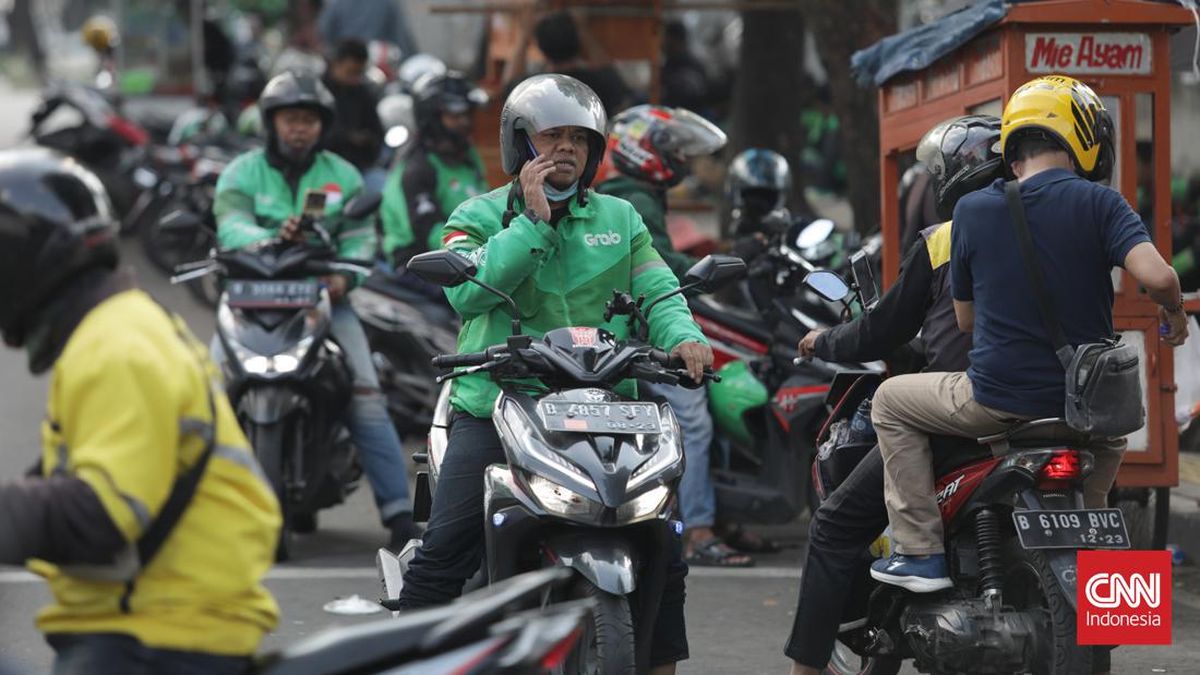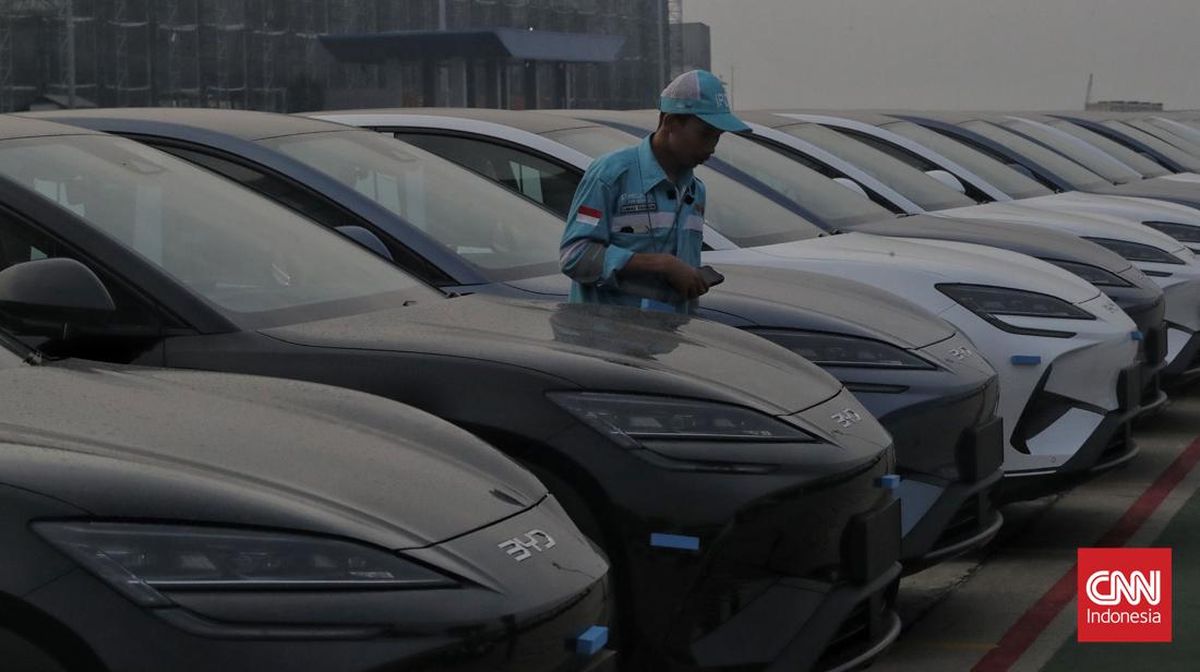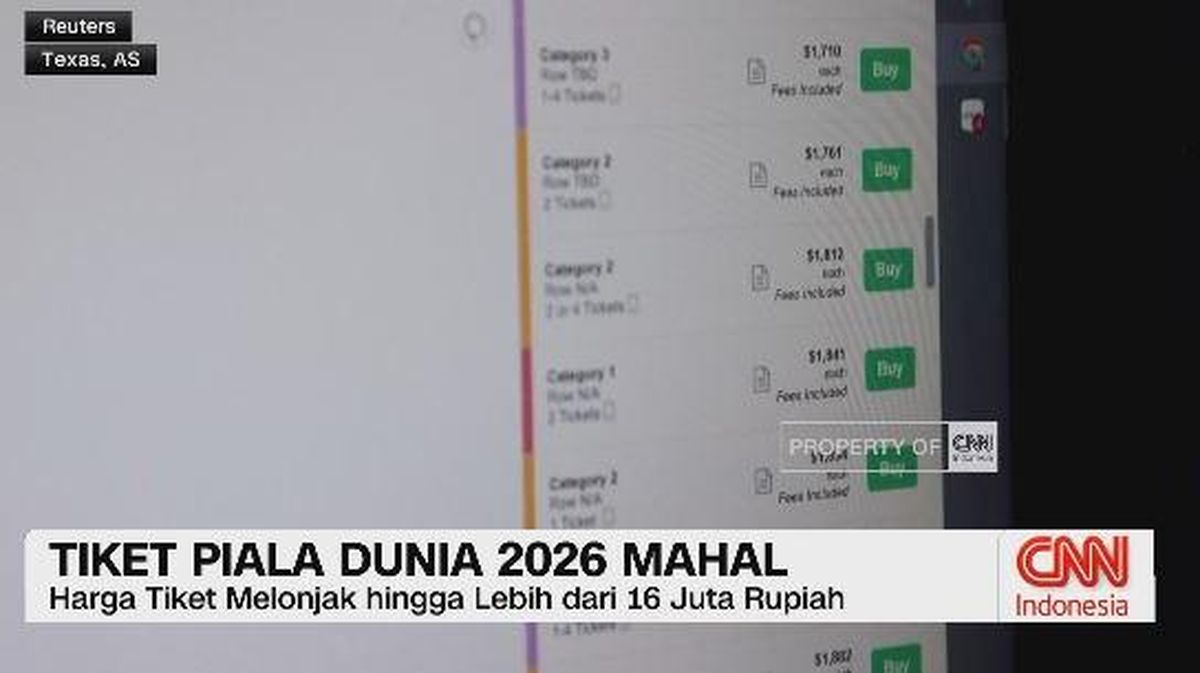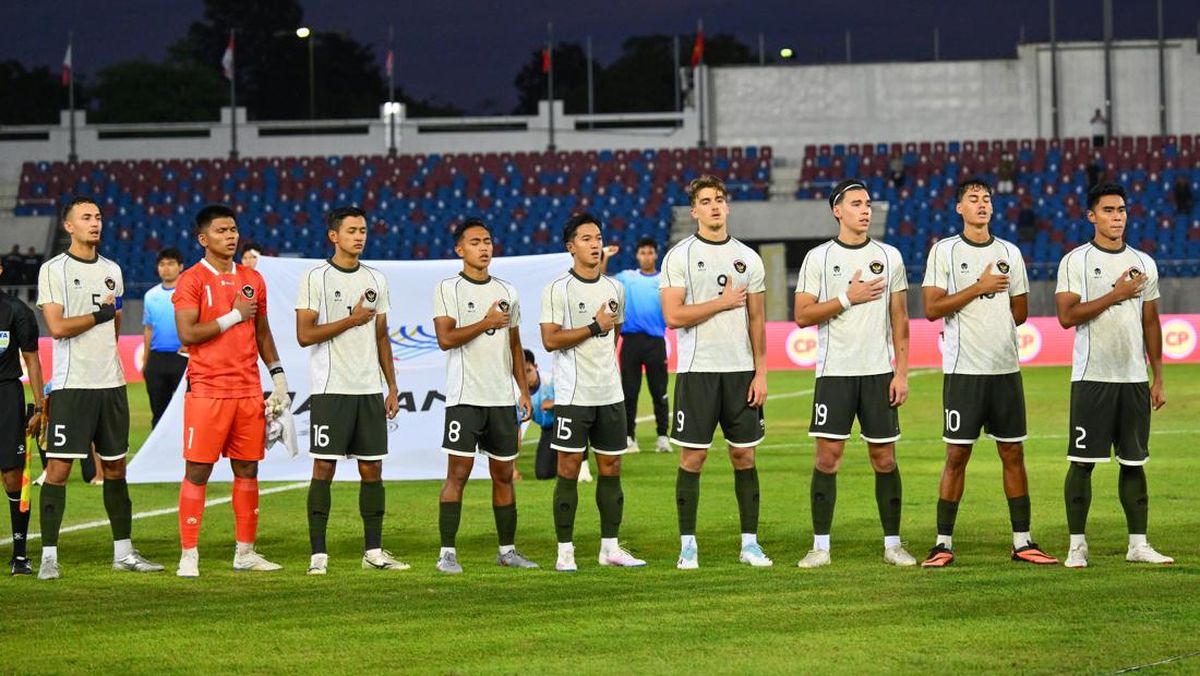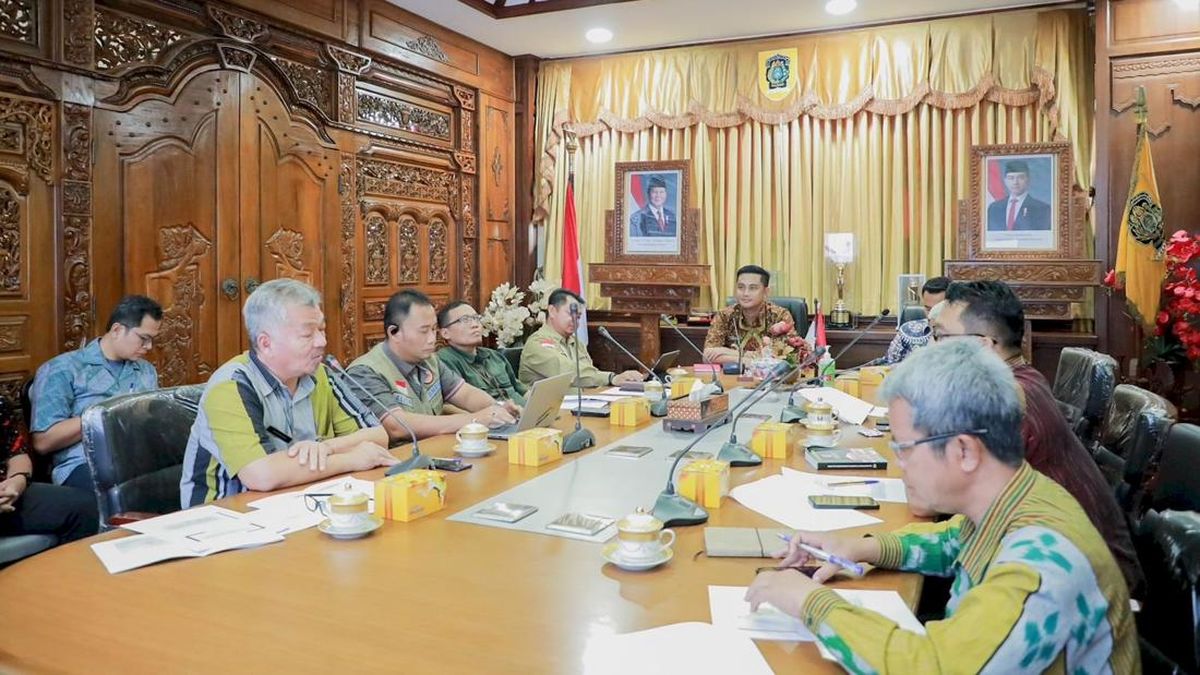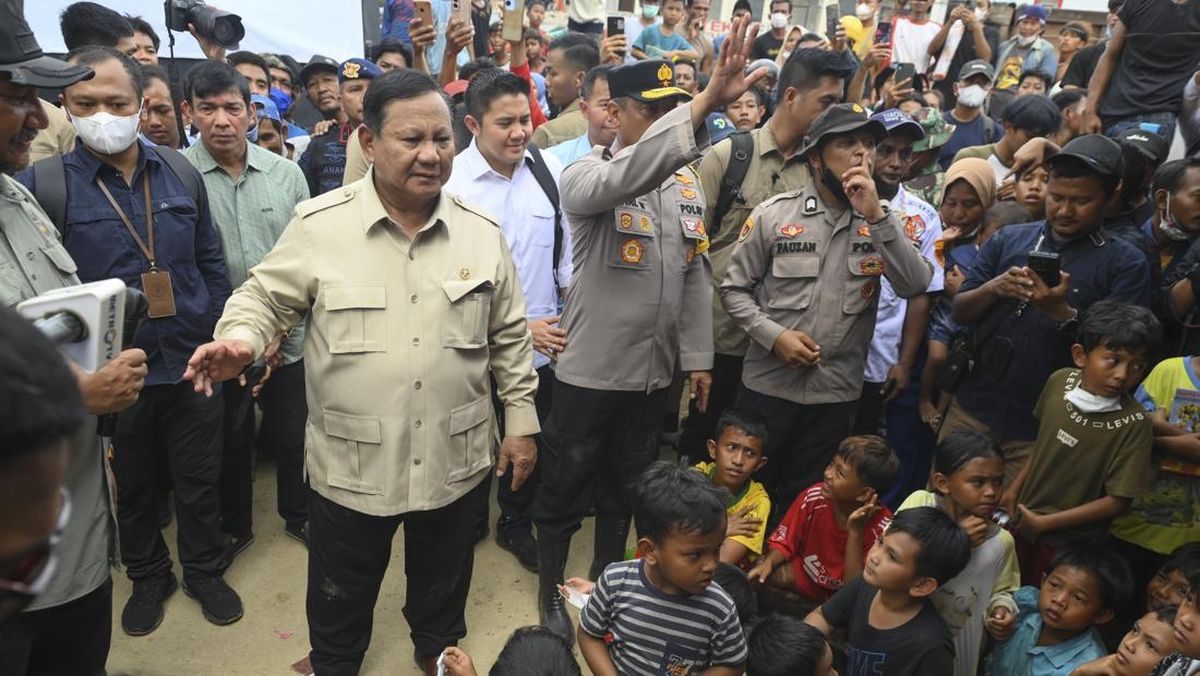Premier Jacinta Allan, in her response to the findings of Operation Daintree and Operation Watts – investigations conducted by IBAC and the Ombudsman into the circumstance of a government grant awarded to a union and branch stacking allegations – promised “the most significant overhaul of parliamentary oversight in the country”.
Instead, it created the Parliamentary Workplace Standards and Integrity Commission, which can investigate allegations of misconduct against parliamentarians but has no jurisdiction over the Premier’s Private Office (PPO) or ministerial staff.
Ministerial staff are covered by a code of conduct that is enforced by their employer, the premier’s chief of staff, Damian Karmelich.
Breaches of the code can result in disciplinary action and loss of employment.
In the 10 months since it began operations, the Parliamentary Workplace Standards and Integrity Commission has tabled one report – its investigation into “poogate”, an episode in which Liberal MPs Bev McArthur and Nicole Werner left cow manure outside Allan’s parliamentary office.
The four-page report revealed that due to a clerical error, the investigation was not completed, and no findings were made.
Loading
Glass said the limitations of the commission demonstrated the “cycle of scandal response” in which governments and oppositions pledge major integrity reforms that don’t quite deliver what is promised.
Minister for the Suburban Rail Loop Harriet Shing rejected the argument that the cost of the project was limiting government investment in other areas.
“Government should never be about doing only one thing at a time,” she said.
“The Suburban Rail Loop is a project which the prime minister, the transport infrastructure minister, the treasurer, have all recognised as being nation building.”
When asked whether the Parliamentary Workplace Standards and Integrity Commission should be expanded to include the PPO and ministerial advisers, Shing said these staff were held accountable by their code of conduct and other employment obligations.
“There are processes that contain that accountability for ministerial staff but, importantly, the integrity framework for elected representatives is there, it is rigorous and has a very specific purpose,” she said.

SRL Minister Harriet Shing (left), Premier Jacinta Allan and Transport Infrastructure Minister Gabrielle Williams.Credit: AAP
Shadow attorney-general James Newbury said the absence of any independent integrity oversight on the conduct of the PPO was “deeply concerning”.
“There is this giant black hole of accountability inarguably,” he said.
The opposition has not released the integrity policies it intends to take to the next election.
The allegations in Operation Daintree, which centred on the awarding of a $1.2 million training contract to an entity controlled by the Health Workers Union, were initially investigated by the Ombudsman and referred to IBAC after it uncovered evidence indicating former premier Daniel Andrews and two of his ministers may have acted corruptly.
The final IBAC report made no such finding against Andrews or any government officials.
In a keynote address to last week’s integrity conference, Glass said the Daintree investigation had delved into the workings of the PPO and an “authorising environment” across government in which ministerial advisers acted in the “perceived political interest” of their boss without necessarily informing the relevant minister.
It found instances of “inappropriate influence by ministerial advisers” on departmental officials and “a lack of understanding of, and/or disregards for their ethical obligations” and a blurring of boundaries between political operatives and public servants.
Glass said Andrews, who dismissed Operation Daintree as an educational report, “appeared quick to sweep it under the carpet”, and the subsequent reforms legislated under Allan had not addressed the most critical problem exposed by the investigation.
“You have this increasingly large, apparently completely unaccountable layer that sits between the accountable public servants and the now accountable members of parliament,” Glass said. “What are we doing about that layer to really come to grips with public administration in Victoria? So far, it seems nothing.”
As of March 2025, there were 88 people employed within the PPO on combined wages of $14.2 million and 202 ministerial staff employed at a cost of nearly $30 million.
Loading
While the Victoria’s public service has been asked to shed 3000 jobs and is bracing for more cuts following the public release of Helen Silver’s review of it, the ranks of the PPO have continued to grow since Allan became premier.
Glass told the conference that at times during her 10 years as ombudsman she felt she became Victoria’s “defacto opposition”, a role she had no intention to play.
Her comments at the conference, particularly those about Allan’s pet infrastructure project, will not endear her to current and former government MPs who believe that the nature of some of her criticisms politicised her office.
Glass said she held no view on whether the Suburban Rail Loop should be built, but recalled testimony provided to her by former Department of Economic Development, Jobs, Transport and Resources secretary Richard Bolt, who was kept in the dark about the development of the project along with other senior transport bureaucrats and Infrastructure Victoria.
Bolt told her that a project of this size and cost would “crowd out” funding for better uses of public money.




